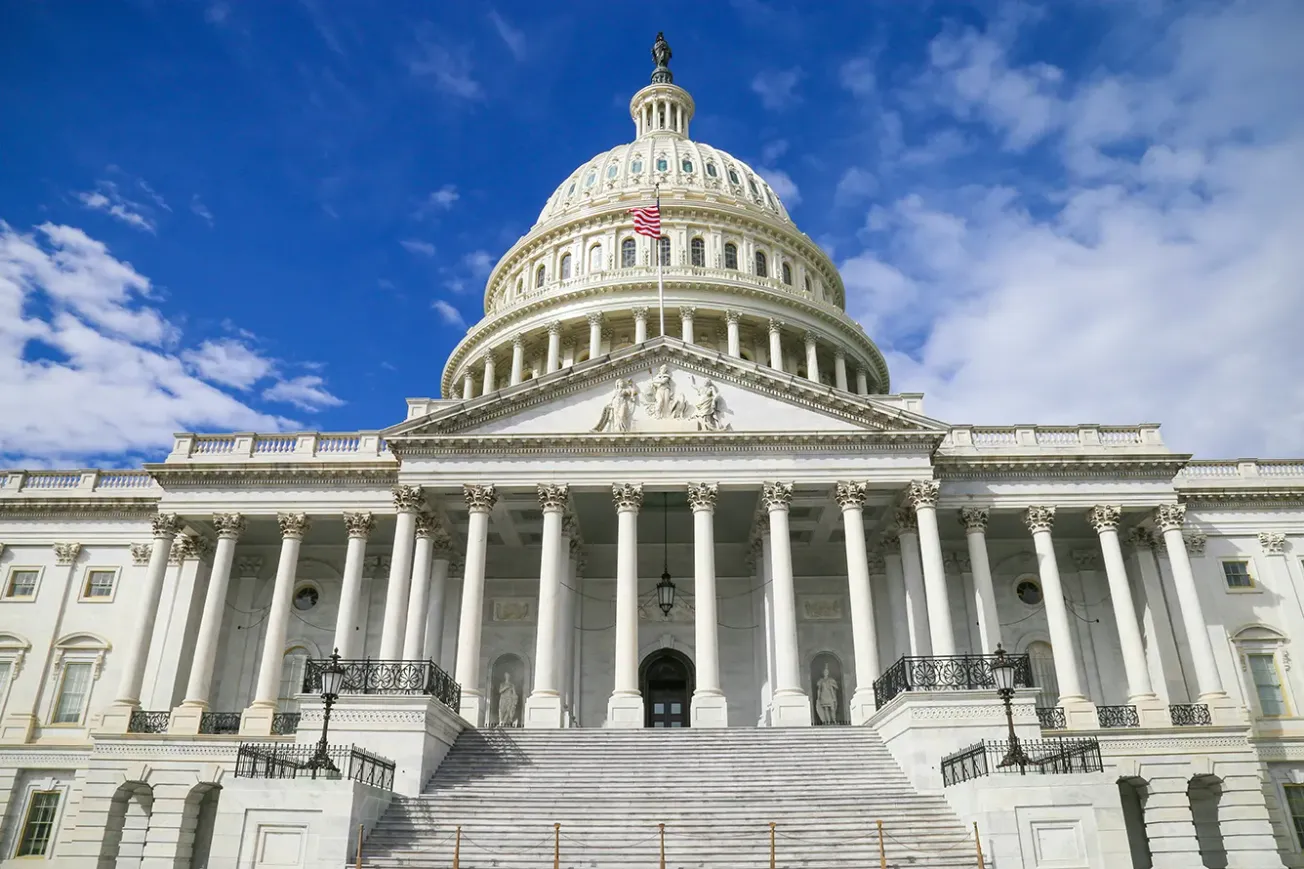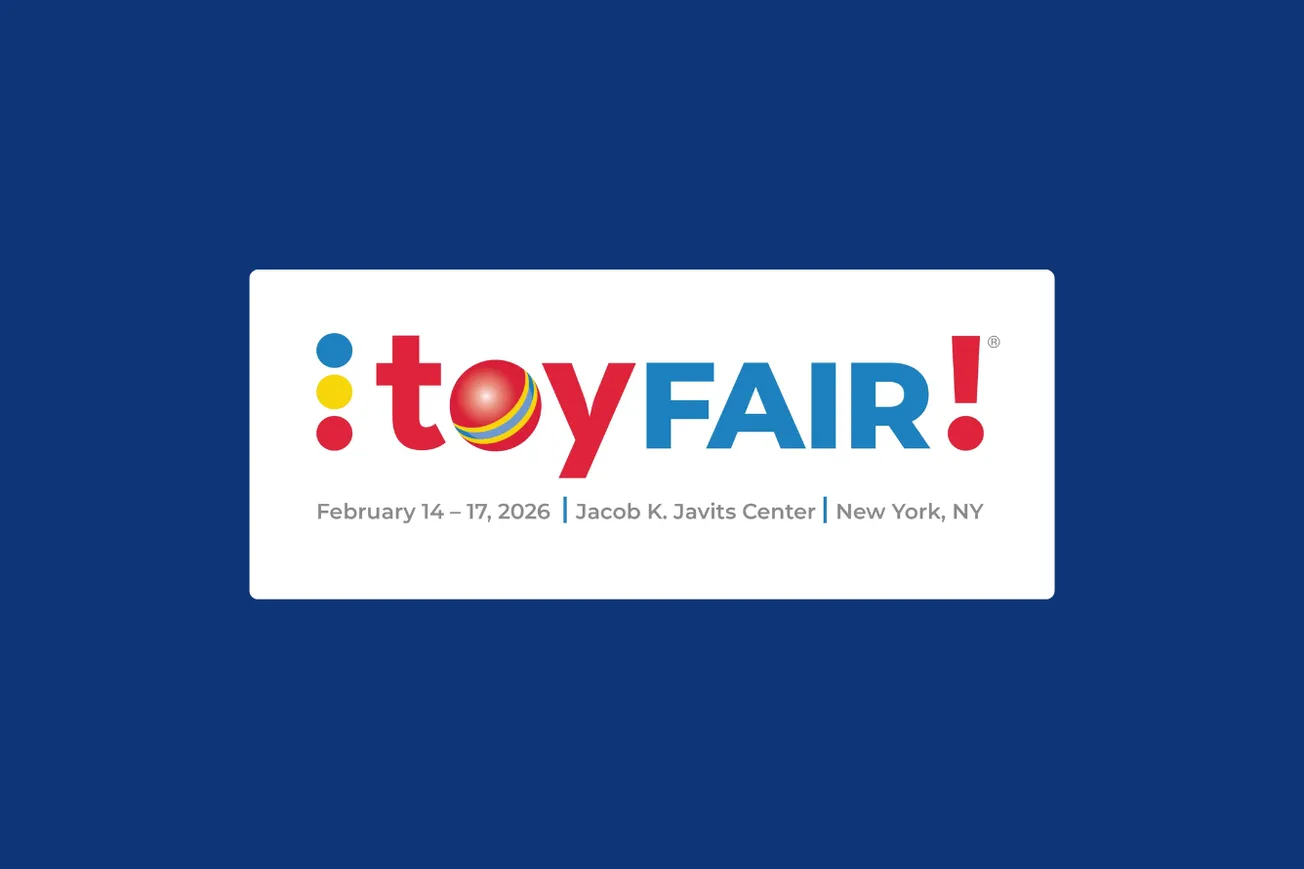WASHINGTON—The Merchants Payments Coalition (MPC) testified before the Senate Judiciary Committee today, urging lawmakers to address soaring credit card “swipe” fees, which cost small businesses and consumers billions annually. The coalition advocated for the passage of the Credit Card Competition Act (CCCA) and emphasized the need for increased market competition to curb fees that are among the highest in the industrialized world.
"Most consumers are unaware of these fees or their significant impact on the cost of goods, services, and the broader economy," said Doug Kantor, MPC Executive Committee member and General Counsel for the National Association of Convenience Stores. "For merchants, these excessive and ever-increasing fees are a constant financial burden, and for consumers, they significantly contribute to inflation."
Testifying during a hearing titled "Breaking the Visa-Mastercard Duopoly: Bringing Competition and Lower Fees to the Credit Card System," Kantor explained how the CCCA would introduce competition into a market dominated by Visa and Mastercard, which control 80% of credit card transactions. By requiring banks with over $100 billion in assets to allow credit cards to be processed on at least two unaffiliated networks, the bill would create pricing and service competition, potentially saving consumers and merchants over $16 billion annually.
Small business owner Chris Callahan of Battenkill Books in Cambridge, N.Y., also testified, calling swipe fees "a significant burden for all merchants but especially harmful to small businesses like mine that have limited resources and leverage."
Swipe fees, averaging 2% to 4% per transaction, added up to a record $172 billion last year, with Visa and Mastercard credit card fees alone nearly quadrupling to $100.8 billion since 2010. These fees, which merchants often cannot absorb, are typically passed on to consumers, increasing prices by an estimated $1,100 annually for the average family. Kantor warned that swipe fees exacerbate inflation, as they scale proportionally with transaction amounts.
Senate Judiciary Committee Chairman Richard Durbin, D-Ill., a co-sponsor of the CCCA alongside Senator Roger Marshall, R-Kan., voiced strong support for the bill during the hearing. The CCCA has garnered endorsements from a broad coalition of consumer groups, labor organizations, and think tanks, including the International Brotherhood of Teamsters, the Service Employees International Union, and American Compass, which called the legislation “laser-targeted at creating competition.”
Kantor criticized Visa and Mastercard for setting uniform swipe fee rates for banks that issue their cards and for blocking transactions from being processed on competing networks that could offer lower fees and better security. Complex industry rules, such as the “honor all cards” policy, strip merchants of their negotiating power, he said, while a Department of Justice antitrust lawsuit against Visa alleges that the company actively stifles market innovation through questionable fee practices.
Currently, U.S. swipe fees far exceed those in other nations, with Europe capping credit card fees at 0.3%. The CCCA aims to bring relief by fostering competition, improving security, and maintaining cardholder rewards while exempting smaller financial institutions, including community banks and nearly all credit unions.
The Merchants Payments Coalition, representing retailers, convenience stores, online merchants, and others, continues to advocate for a more competitive and transparent card payment system that benefits both consumers and businesses alike.









